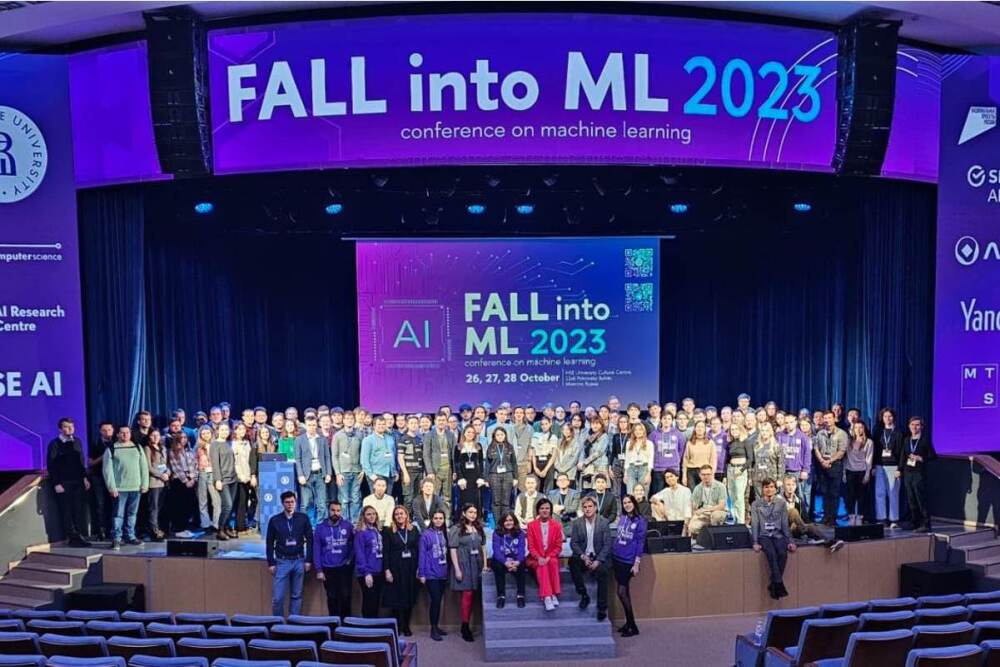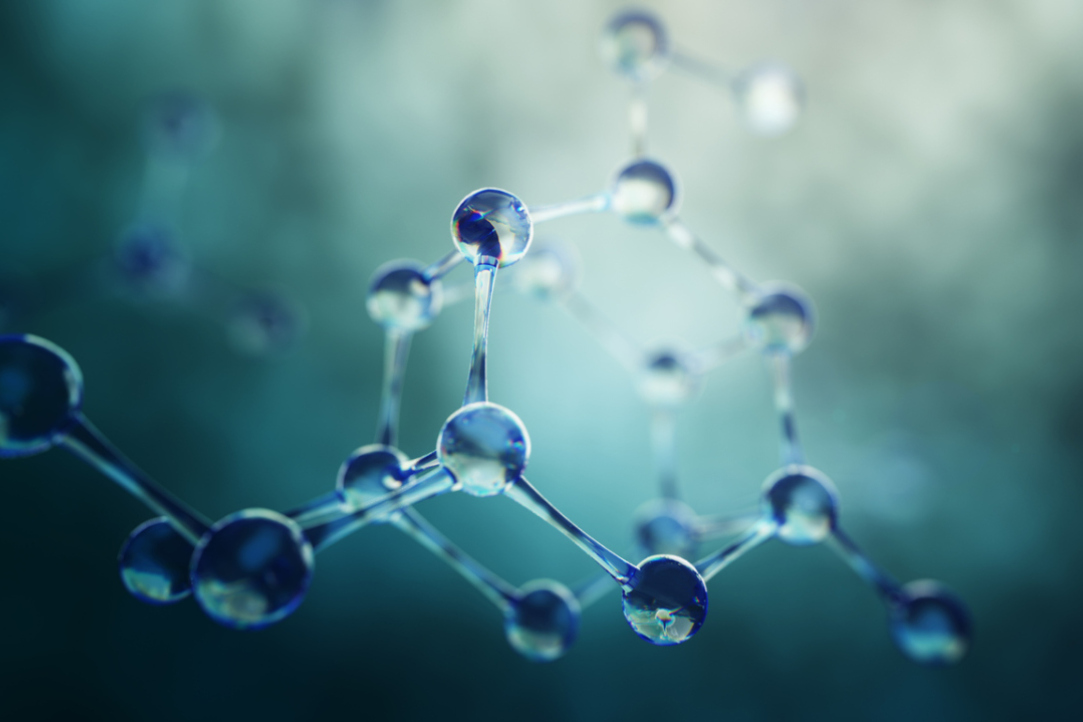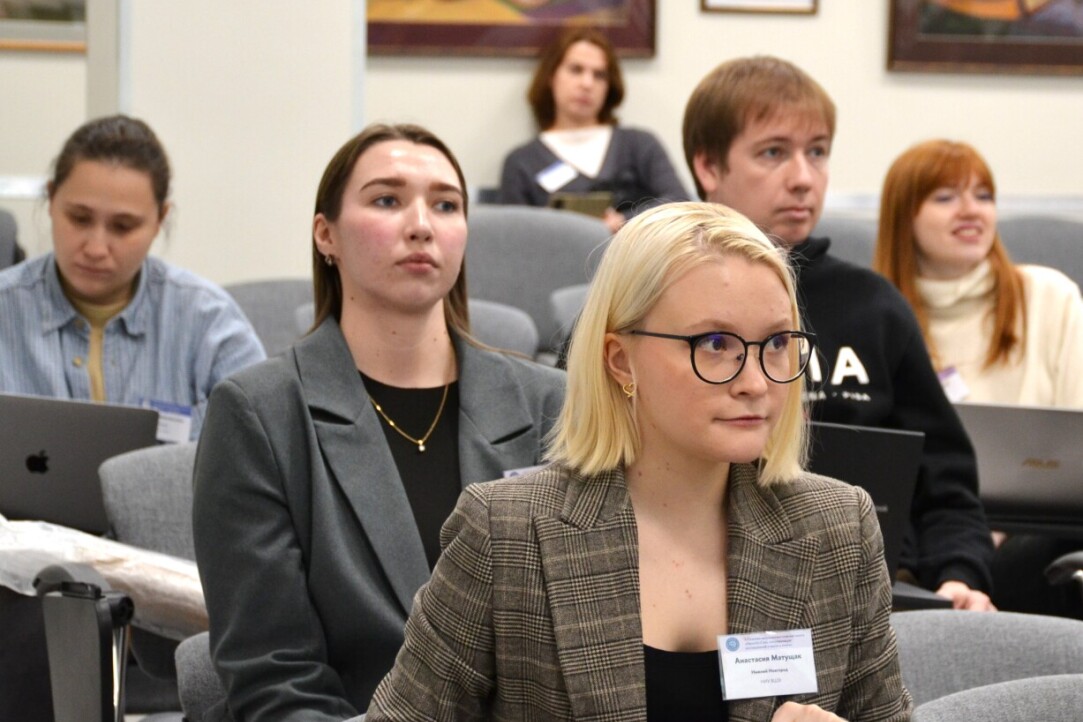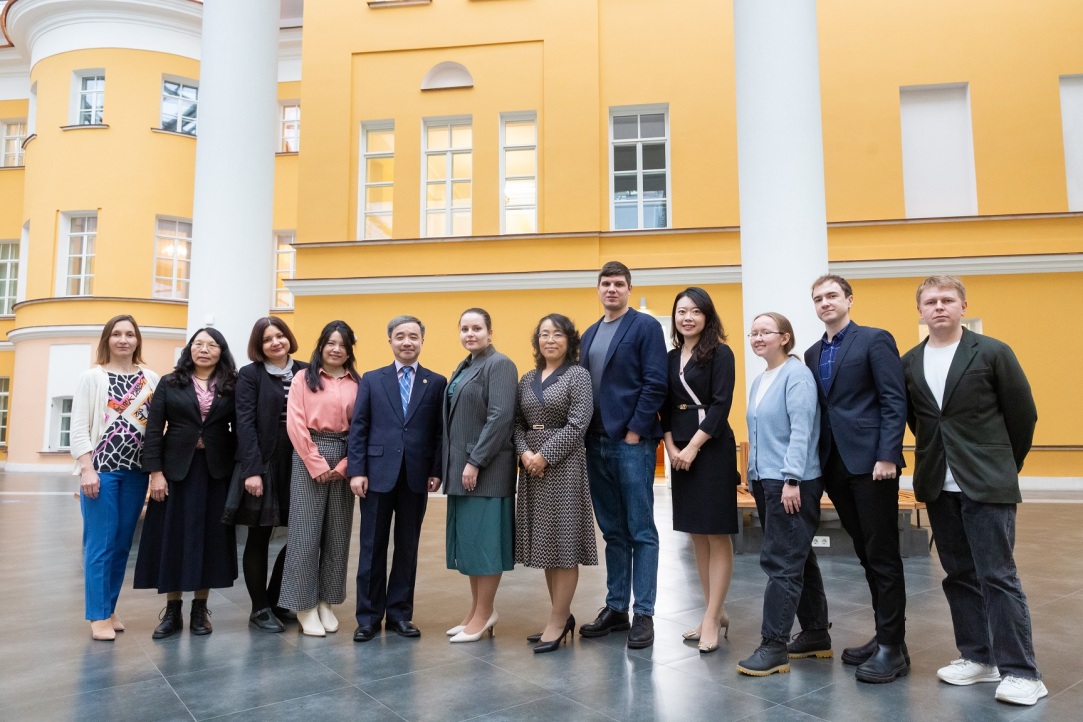
Media Literacy: New Trends, Opportunities and Challenges of the Information Age
On November 8 and 9, HSE University hosted the All-Russian Conference 'Media and Information Literacy in Russia: Latest Trends.' The conference was organised jointly by the Russian Committee of the UNESCO Information for All Programme and the Institute of Media of the HSE Faculty of Creative Industries. The event was timed to coincide with UNESCO's Global Week of Media and Information Literacy.
'It Is Crucial for HSE University to Strengthen the Positions of Russian Education and Science'
Delegations from Nanjing University and Renmin (People's) University of China have recently made their first visits to HSE University to explore potential areas of cooperation. The Chinese universities have expressed interest in initiating collaborative research projects, educational and academic mobility programmes.

Students of HSE Faculty of Computer Science Win True Tech Champ by MTS
The final of the True Tech Champ Programming Olympiad from MTS took place at the end of October. Twelve students emerged as victors from the competition, including two second-year master’s students from the HSE Faculty of Computer Science, Ivan Safonov and Maxim Gorokhovsky.

HSE University and VK ‘Prostor’ Platform Launch Joint Programme in Music Management
HSE Art and Design School and VK's ‘Prostor’ platform have launched a joint educational course for those who dream of organising sold-out concerts and leading musicians to success. Participants on the free intensive courses of the music management programme ‘Prostor’ x ‘Sound Art and Sound Design’ will learn how to promote musicians, organise concerts, communicate with labels and launch collaborations with brands.

HSE University Hosts Fall into ML 2023 Conference on Machine Learning
Over three days, more than 300 conference participants attended workshops, seminars, sections and a poster session. During panel discussions, experts deliberated on the regulation of artificial intelligence (AI) technologies and considered collaborative initiatives between academic institutions and industry to advance AI development through megaprojects.

Russian Researchers ‘Peek Inside’ Carbon Nanopores
Researchers from HSE MIEM, in collaboration with colleagues at the RAS Institute of Solution Chemistry, have modelled the behaviour of ionic liquids within charged carbon nanopores ranging in width from 1 to 15 nm and assessed the mobility of both their cations and anions. The scientists observed that an increase in anion size resulted in higher mobility, whereas cations exhibited the opposite trend of reduced mobility with an increase in size. A better understanding of ionic liquids will enhance their use in supercapacitor technology. The study has been published in Journal of Molecular Liquids and supported by a grant from the Russian Science Foundation (RSF).

‘It Was Great to Look at Scientific Achievements through the Eyes of a Journalist, not a Scientist’
HSE University in Nizhny recently hosted the 2nd Autumn Neuro-linguistic School ‘NeuroSciCom: Popularising Language and Brain Studies’ for scientists and students at the HSE Centre for Language and Brain Studies in Nizhny Novgorod. The school was held as part of the 'Human Brain Resilience: Neurocognitive Technologies for Adaptation, Learning, Development and Rehabilitation in a Changing Environment' Strategic Project of the Priority 2030 programme.
Fashion for Strong Women: Emancifashion Exhibition Takes Place at HSE University
In early November, the Emancifashion exhibition, dedicated to the representation of women in art and fashion, took place at HSE University in Maly Trekhsvyatitelsky Pereulok. The event, organised by first-year students from the HSE Media Communications programme, featured works created by students from the Fashion Design programme of the HSE Art and Design School.

Enhancing Cooperation between the Countries: East China Normal University Delegation Visits HSE
The delegation of the East China Normal University has visited HSE University’s Moscow campus. The representatives of both academic institutions confirmed their mutual interest in developing cooperation. The East China Normal University was the first Chinese institution to cooperate with HSE University. This partnership has been developing for quite a while, with the first memorandum signed on June 30, 2011, followed by two agreements on student mobility.

Enhancing Wireless Network Performance Through Cross-Layer Protocol Stack Solutions
An international team, including researchers from the Russian Academy of Sciences Institute for Information Transmission Problems, HSE University, and Shanghai Jiao Tong University, analysed the approaches used to optimise the data transfer rates of TCP and QUIC protocols in high-frequency wireless networks. According to the scientists, cross-layer solutions provide the highest gains in data transfer rates. The paper has been published in IEEE Communications Surveys & Tutorials, one of the most influential international journals in the field of telecommunications, boasting an impressive impact factor of 35.6.


Deadline for applications to present academic reports - January 20, 2025